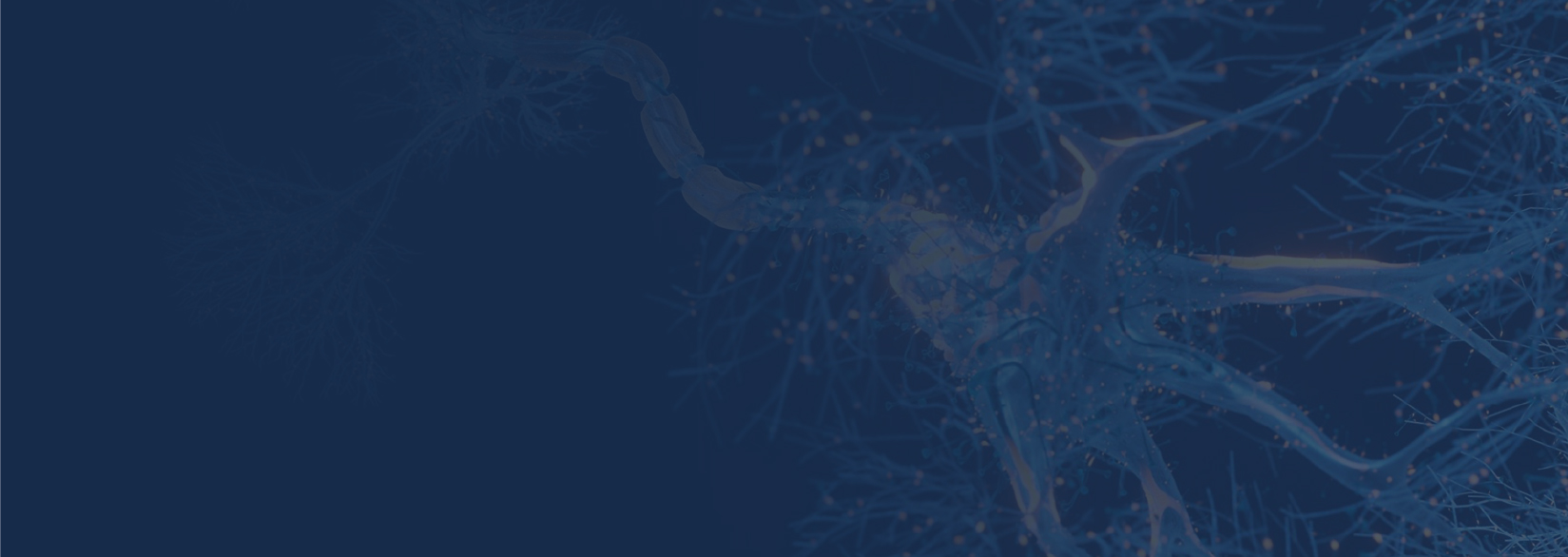Biology Summer School at University of California, San Diego

Scan the QR code to sign up
Courses
Molecular Immunology
Molecular Biology of Cancer
Molecular Neuroscience
Bioinformatics of Aging
— Introduction —
Introduction to the University of California, San Diego
University of California, San Diego (UCSD), located in San Diego, California, is one of the 10 campuses of the UC system in the US. As a major research university in North America, it has demonstrated academic strength in the disciplines of biology (QS#10), computer science (QS#13), and engineering (QS#13), and is ranked as the 6th best public university in the 2025 US NEWS rankings.
UCSD has a global presence in the biomedical field, with top research institutions such as the Muir Cancer Center (an NCI-designated cancer center) and the UCSD Neuroscience Institute. In addition, many Nobel Prize winners have done their research here, such as Cary Mullis (inventor of PCR), Stanley B. Prusina (discovered prions), François Barre-Sinoussi and Luc Montagnier (co-discovered HIV), etc. The UCSD campus is ideally situated along the coastline, providing students with an excellent learning and living environment.
Introduction to the Biology Summer School at University of California, San Diego
The Biology Summer School at University of California, San Diego is tailored to provide communication and learning opportunities for outstanding high students passionate about pharmacy, bioengineering, medicine, and nursing. The program is taught by PhD-level instructors with years of research and teaching experiences, offering four courses: Molecular Immunology, Molecular Biology of Cancer, Molecular Neuroscience, and Bioinformatics of Aging. Through the combination of theories and practice, students can explore cutting-edge topics in biomedicine and immerse themselves in university life while making friends worldwide.
Note: The summer school is an academic program for international students held at University of California, San Diego, officially recognized, but not directly affiliated with University of California, San Diego or its constituent departments. Grades from the course cannot be converted into University of California, San Diego credits.

— Highlights —
Immersive Studying, Boarding and Lodging at UCSD
Residential students will attend the University of California, San Diego, housed in on-campus undergraduate dorms and eat in campus dining facilities. Teaching assistants and chaperone live with the students and are available to mentor and assist the studentsFour Cutting-edge Topics and Top Lab Practice
Students will learn popular biology topics, and gain insights into the latest research outcomes and technologiesForbes-recommended Summer Schools with California Style on the West Coast of the US
Featured in Forbes 10 Summer Programs to prove its high-quality education; enjoy world-class academic resources of UCSD while experiencing California's natural landscapes and diverse cultures
Meet Global Top Students to Expand International Perspectives
Students will learn in an international classroom with top students around the world, fostering an international vision and cross-cultural communication skillsAuthoritative Certificate of Completion to Empower Personal Enhancement
Students will receive an official certificate of completion to empower future academic applications, career development, and personal statement
— Courses —
* The actual teaching content is subject to the final arrangement of the Biology Summer School at UC San Diego.

Molecular immunology developed after the establishment of the concepts of antigens and antibodies and the establishment of serology. The Molecular Immunology course will examine the composition, structure, function, and interaction of the immune system at the molecular level. This includes a wide range of immune molecules such as immunoglobulins, antigens, complement system, and immune regulatory factors. Molecular immunology plays an important role in the diagnosis and treatment of tumors, autoimmune and infectious diseases, and in the development of vaccines.
Course Content:
● Examine the function and regulation of the immune system at the molecular level
● Illustrate viral and bacterial infections such as Covid-19 and tuberculosis, immunodeficiency disorders such as HIV/AIDS, and autoimmune diseases such as lupus
● Discuss the human microbiome, the role of inflammation in tumor development and type 2 diabetes, allergy, vaccine/antibiotic development, etc.

Molecular Biology of Cancer is the study of the mechanisms of carcinogenesis, development, and treatment, exploring the abnormal changes in cancer at the molecular level, such as gene mutations, epigenetic alterations, and dysregulation of signaling pathways. Molecular Biology of Cancer not only focuses on the biological characteristics of cancer cells but also translates the understanding at the molecular level into effective therapeutic strategies, such as targeted therapy and immunotherapy, providing an important scientific basis and technical means for cancer prevention, early diagnosis, and individualized treatment.
Course Content:
● Examine the normal molecular and cellular biology to provide a foundation for discussion of how cancers develop.
● Discuss the ene mutation/DNA repair, cell death (apoptosis), angiogenesis, metastasis, cancer stem cells, etc.
● Explore the latest developments in personalized medicine, and tumor immunology/immunotherapy.

Molecular Neuroscience focuses on the study of the structure and function of the nervous system and its interactions at the molecular level. Combining the multidisciplinary approaches of molecular biology, genetics, cell biology, etc., it explores nerve cell information transmission, neuronal signaling, etc., to reveal the working principle of the brain, and provide support for the treatment of Alzheimer's disease, Parkinson's disease, etc., drug target discovery, drug screening and evaluation, emotion regulation, and memory processing.
Course Content:
● Explore the normal neurobiology based on normal molecular biology on a molecular level, including topics such as action potentials, memory, emotion, learning, and visual perception.
● Lay a heavy emphasis on neurological disorders such as Alzheimer’s, schizophrenia, and depression, including strategies for pharmaceutical intervention.

Bioinformatics of Aging, as an interdisciplinary research combining bioinformatics and aging study, utilizes RNA sequencing, DNA methylation microarrays, and other histological technologies to explore in depth the development and application of aging clocks, mining genomic, transcriptomic, proteomic, and metabolomic data to reveal the aging signaling pathways, search for aging biomarkers, and explore the screening of drug targets and the development of anti-aging drugs. Bioinformatics of Aging provides an important scientific basis and new ideas for understanding aging mechanisms and developing anti-aging drugs and therapies.
Course Content:
● Explore the molecular mechanism of aging and aging-related diseases.
● Discuss topics such as embryogenesis, stem cell biology, telomeres, and senescence.
● Emphasize next-generation therapeutic strategies to slow the aging process and extend the lifespan.
— Sample Schedule —
* The specific schedule is subject to the final arrangement of the Biology Summer School at University of California, San Diego.
| Time | Monday to Friday | Weekends |
|---|---|---|
| 7:00-9:00 | Breakfast | Unified Extracurricular Activities |
| 9:00-12:00 | Academic Lecture / Lab Practice / Biological Research | |
| 12:00-13:30 | Lunch | |
| 13:30-17:00 | Academic Lecture / Lab Practice / Biological Research | |
| 17:00-20:00 | Dinner and Freetime | |
| 20:00 | Back to Dormitory |
— Application —
■ Date:
July 6 - July 19, 2025 (14 Days)
■ Location:
San Diego, USA
■ Age:
14-18 years old (Birthday between July 20, 2006 and July 6, 2011)
■ Courses:
Molecular Immunology, Molecular Biology of Cancer, Molecular Neuroscience, Bioinformatics of Aging
■ Quota:
A total of 20 seats for 4 courses
■ Requirement:
- English language level equivalent to IELTS level 6.0 or TOEFL 80
- f the above requirements are not met, an English telephone/online interview with an ASEEDER teacher is required.
* Students who have received global or national awards in international biology assessments organized by ASEEDER are given priority for admission.
■ Fee
- Includes:
Tuition, accommodation (dormitory: room for 2 or 3 people), meals, excursion, drop-off and pick-up fees between the Airport and the University of California, San Diego; ASEEDER group leader service fee (assembly and unitedly departure from Beijing/Shanghai/Shenzhen/Hong Kong with the group leader), international insurance, and study materials. - Excludes:
1. International transportation costs to and from the Airport (departure and arrival from Beijing/Shanghai/Shenzhen/Hong Kong, you can use a third-party service or ASEEDER's unified service; please confirm with the responsible teacher at ASEEDER before purchasing tickets);
2. Visa and visa service fee (optional): 2800 RMB (ASEEDER's VIP visa service promises that if the visa is refused for reasons other than the client's own, the visa service fee will be fully refunded or the client will have the right to a second visa application free of the service fee, and the program fee will also be fully refunded).

